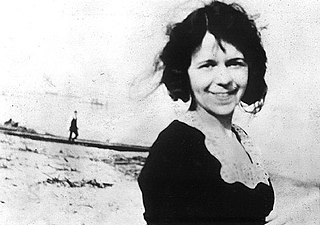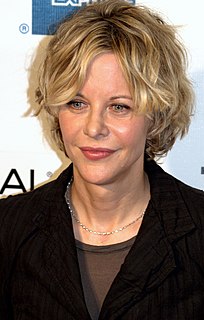A Quote by Dawn Powell
A novel is like a gland pill - it nips off the cream of my hysterics and gets them running on track in a book where they belong instead of rioting all over my person.
Related Quotes
Objectifying your own novel while writing it never really helps. Instead, I guess while you're writing you need to think: This is the novel I want to write. And when you're done you need to think: This is what the novel I wanted to write feels like and reads like and looks like. Other people might call it sweeping or small, but it's the book you chose.
It's very bad to write a novel by act of will. I can do a book of nonfiction work that way - just sign the contract and do the book because, provided the topic has some meaning for me, I know I can do it. But a novel is different. A novel is more like falling in love. You don't say, 'I'm going to fall in love next Tuesday, I'm going to begin my novel.' The novel has to come to you. It has to feel just like love.
I hope that the relationship of the title to the novel [ What Belongs To You] gets more complex with each section of the book: that maybe it begins by resonating with the question of prostitution - to what extent can a body be commodified, what exactly are you renting or purchasing when you pay for sex - and deepens over the course of the book to address larger questions of ownership and belonging.
In Hamburg the waiters always had Preludin - and various other pills, but I remember Preludin because it was such a big trip - and they were all taking these pills to keep themselves awake, to work these incredible hours in this all-night place. And so the waiters, when they'd see the musicians falling over with tiredness or with drink, they'd give you the pill. You'd take the pill, you'd be talking, you'd sober up, you could work almost endlessly - until the pill wore off, then you'd have to have another.
The age of the book is not over. No way... But maybe the age of some books is over. People say to me sometimes 'Steve, are you ever going to write a straight novel, a serious novel' and by that they mean a novel about college professors who are having impotence problems or something like that. And I have to say those things just don't interest me. Why? I don't know. But it took me about twenty years to get over that question, and not be kind of ashamed about what I do, of the books I write.







































